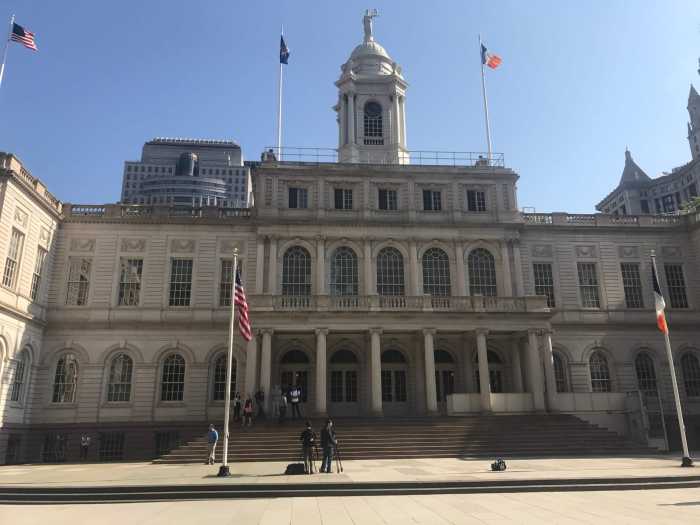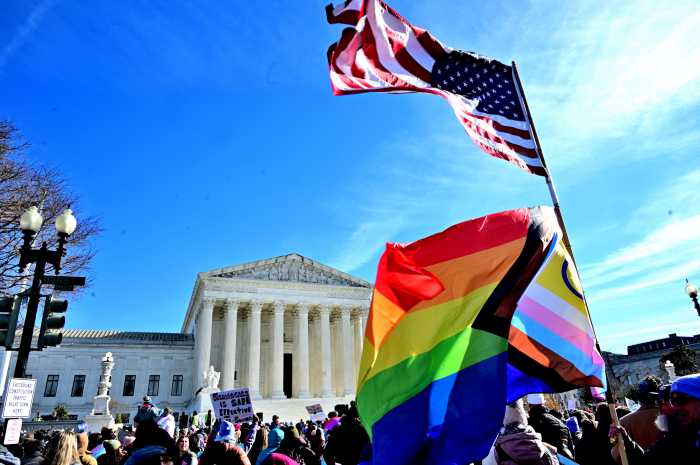BY PAUL SCHINDLER | Probably no LGBT rights promise made by President Barack Obama during the 2008 campaign elicited louder and more frequent expressions of frustration within our community than his pledge to end the Don’t Ask, Don’t Tell military policy.
During 2009, a number of respected advocates for repealing the 17-year-old policy argued, with considerable force and detail, that as commander-in-chief, the president could unilaterally end the policy through his “stop-loss” authority, by which existing enlistment regulations can be relaxed in order to cure shortages. As the argument went, once Congress saw that such a change created no meaningful problems or threats to military readiness, the drive toward a permanent legislative solution would be inevitable and swift. Administration arguments that the president’s maneuverability through stop-loss was severely constrained were greeted by many as politically feckless foot-dragging.
Critics also noted that the president largely ignored the issue of DADT during his entire first year, waiting until the 2010 State of the Union speech to firmly reiterate his 2008 commitment. Though his words in front of Congress that evening won him many plaudits, news out of a closed-door meeting with advocates just days later raised widespread cynicism about his interest in following up with deeds.
And when the White House, under intensifying pressure to act, agreed in May to legislative language that was originally incorporated into the massive annual Pentagon appropriations bill, the compromise hammered out was faulted by the most aggressive repeal proponents for being conditional — on post-enactment certification by the president, the defense secretary, and the Joint Chiefs chair that the military was in fact fully prepared to make the change — and for its lack of specific non-discrimination protections for gay and lesbian service members who would subsequently be free to serve.
The Senate’s failure — in late September and on December 9 — to advance debate on the Pentagon funding bill, a measure that had been approved 42 years in a row, only added to the gnawing sense that the administration and the Democrats generally did not have the requisite fire in their belly to overturn the outdated and irrational anti-gay ban.
It is all the more surprising, then, that when Senate action came this past weekend, it was on a straight up or down repeal vote. After finding only 57 votes to beat back a filibuster of the military spending bill a week before, the Senate’s Democrats were joined by eight Republicans in approving repeal by a lopsided 65-31 margin. Coming several weeks after a special Pentagon report provided ample evidence that the military can and should end the policy, the decision to go back for a third bite of the apple was smart — opponents of repeal were increasingly strained to make any logical or compelling case against the change. John McCain, whose years in a North Vietnamese prison had given him quite nearly a Teflon shield against criticism on military questions, on Saturday simply seemed cranky, desperate, and sadly out of step with the times.
The victory on Don’t Ask, Don’t Tell removes the second of three major forms of affirmative government antipathy toward the LGBT community that existed until 2003, when the US Supreme Court struck down the nation’s remaining sodomy laws that criminalized the sexual conduct of gay and lesbian Americans. Soon, the nation will no longer be allowed to deny gay men and lesbians the right to defend their country while being honest about their lives.
The third barrier, of course, is the federal government’s refusal to recognize the marriage rights of gay and lesbian couples, a complex battleground that encompasses state legislatures and courts and, increasingly, the federal judiciary as well. As with sodomy and military service, the key issue here is not whether the government will do something for gay and lesbian Americans, but rather whether it will stop doing something to us.
Perhaps when people and politicians understand that we can and will fight and die for this country, they will better appreciate that it makes no sense to continue barring us from making whole our love and our families.


































